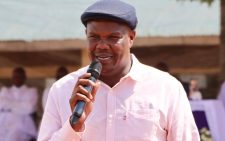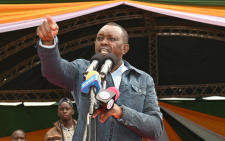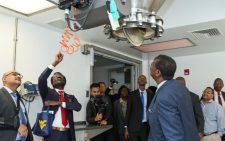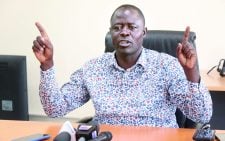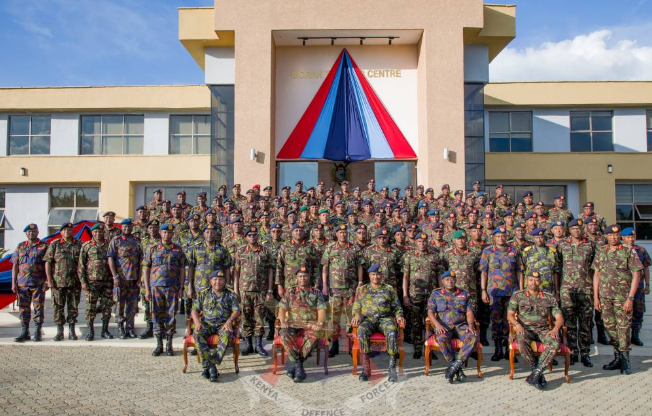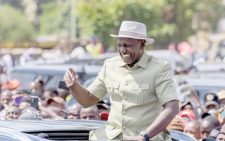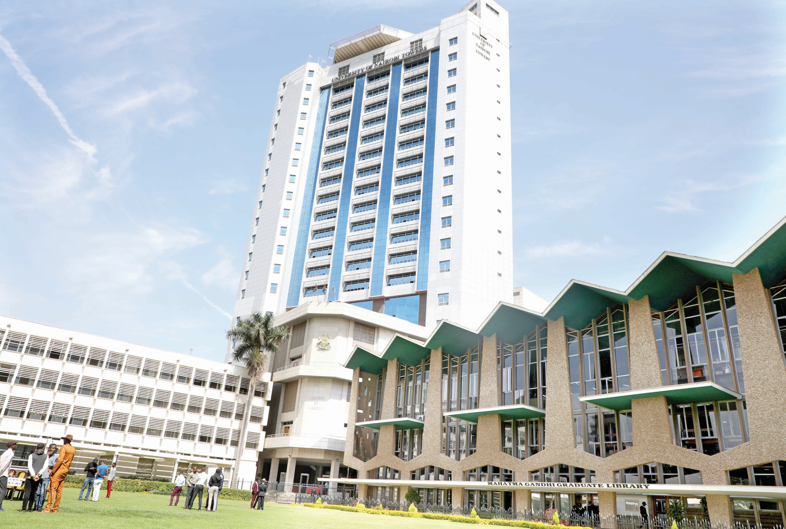Politicians’ verbal wars threaten national stability
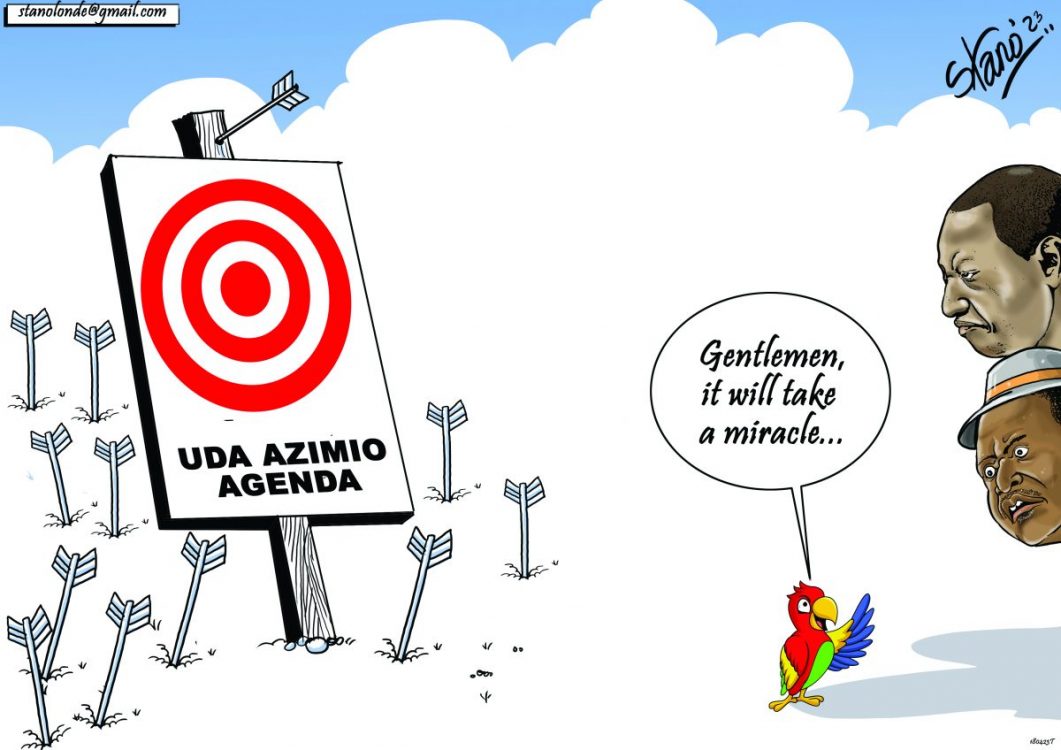
Reading newspaper headlines, watching TV news, listening to the radio or scrolling the social media, one would imagine that Kenyans are at war with each other.
Political leaders in both government and the opposition and their followers are engaged in verbal warfare that threatens to tear the national fabric apart.
While not on the scale of the current violent military confrontation in Sudan, the verbal wars if left to continue, could in the end plunge the nation into a similar situation.
The crisis in Sudan arose out of a breakdown in talks on transition to democracy following mass street protests by the Sudanese people demanding an end to decades of military rule.
Fierce clashes between rival armed factions in the capital Khartoum have spread throughout the country, part of a vicious power struggle within the country’s military leadership.
Two generals (the president and the vice-president) have disagreed after talks on how the country should transition to civilian rule. A joint military-civilian government has ruled Sudan since long-serving President Omar al-Bashir was overthrown in 2019.
A framework deal to put power back in civilian hands following national dialogue was agreed last December but talks to finalise the details have failed due to intense rivalry between the two generals.
Thankfully, democracy took root in Kenya and although the country has gone through a rocky path in its democratic journey it has been led by a civilian government in successive five-year elections. However, the bane of democracy in Kenya remains the power struggle between opposing political factions riddled with ethnic polarization that continue to define the electoral landscape.
The scenario has not been helped by the toxic political environment heightened by the heated verbal warfare inundating the nation following disputed presidential elections.
Kenya also plunged into a national catastrophe of the kind witnessed in other conflict-ridden African countries following the 2007 election, but mediated talks between the two opposing political sides saved the situation.
The bipartisan talks due in Parliament acceded to by President William Ruto after opposition leader Raila Odinga called off mass protests could be derailed by the ongoing verbal wars between their allies, threatening national stability.
It does not augur well when the tone of the top national leadership ahead of the talks appears to be laced with a sense of entitlement and disdain for the other side. Because it provokes a reaction that will not plant the seed of genuine dialogue for the much-needed national healing and reconciliation.
Politicians across the divide, particularly those in government leadership must tone down the rhetoric and focus on the pertinent issues confronting Kenyans.
Right now, Kenyans are united in their conviction that lowering the prohibitive cost of living, delivery of transparent electoral justice for all regardless of political affiliation are the sticking points in the agenda for the proposed bipartisan talks. Parliament and the Executive must not insist to be the alpha and omega for national dialogue because the Constitution clearly states that power belongs to the people and they must be totally involved in all decisions that affect them.
Kenya is haemorrhaging and hurting and Kenyans are crying for a caring, humble leadership that and heals embraces all without ethnic, status or power considerations.
For the sake of national cohesion and all-inclusive development let us convert our negative verbal energy into a positive rallying call for the entrenchment of political, social and macroeconomic stability.
— The writer comments on political and national affairs – albertoleny@gmail.com

